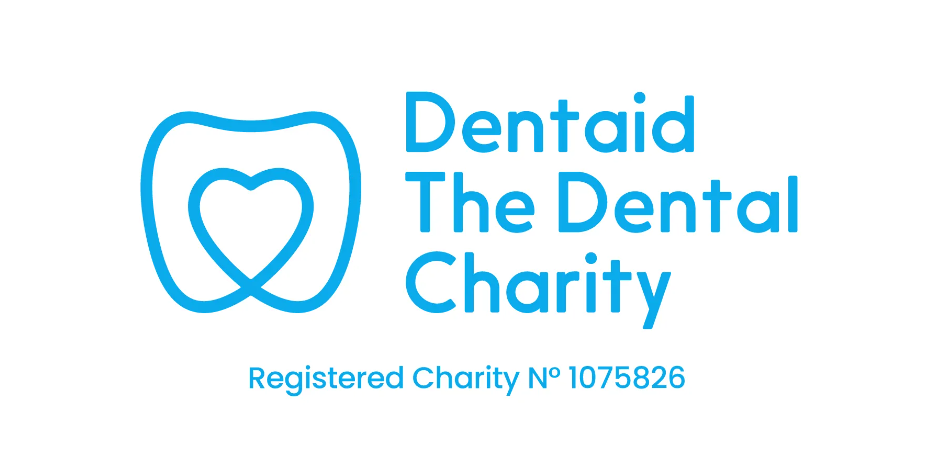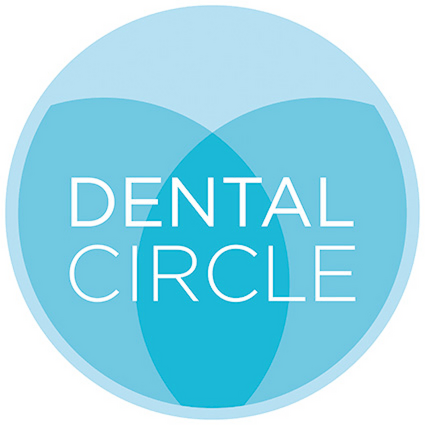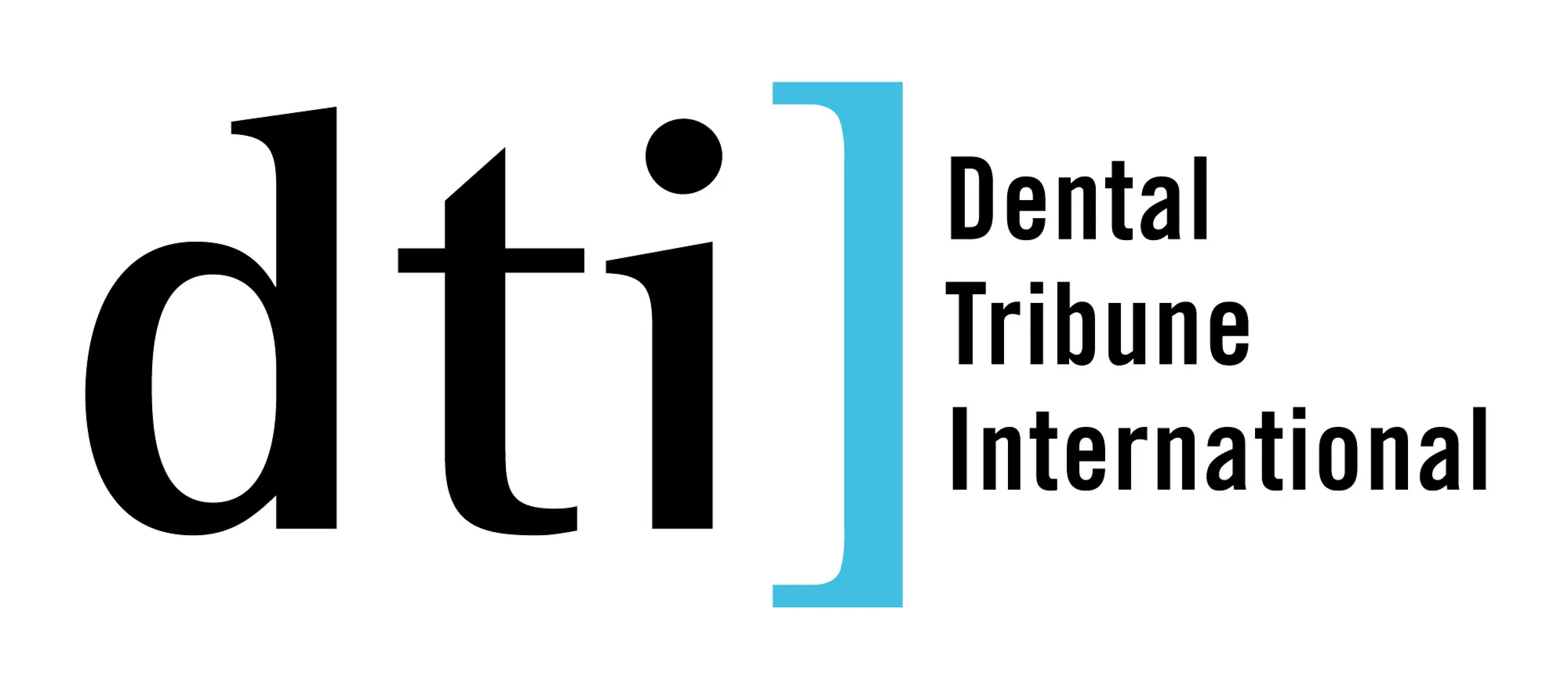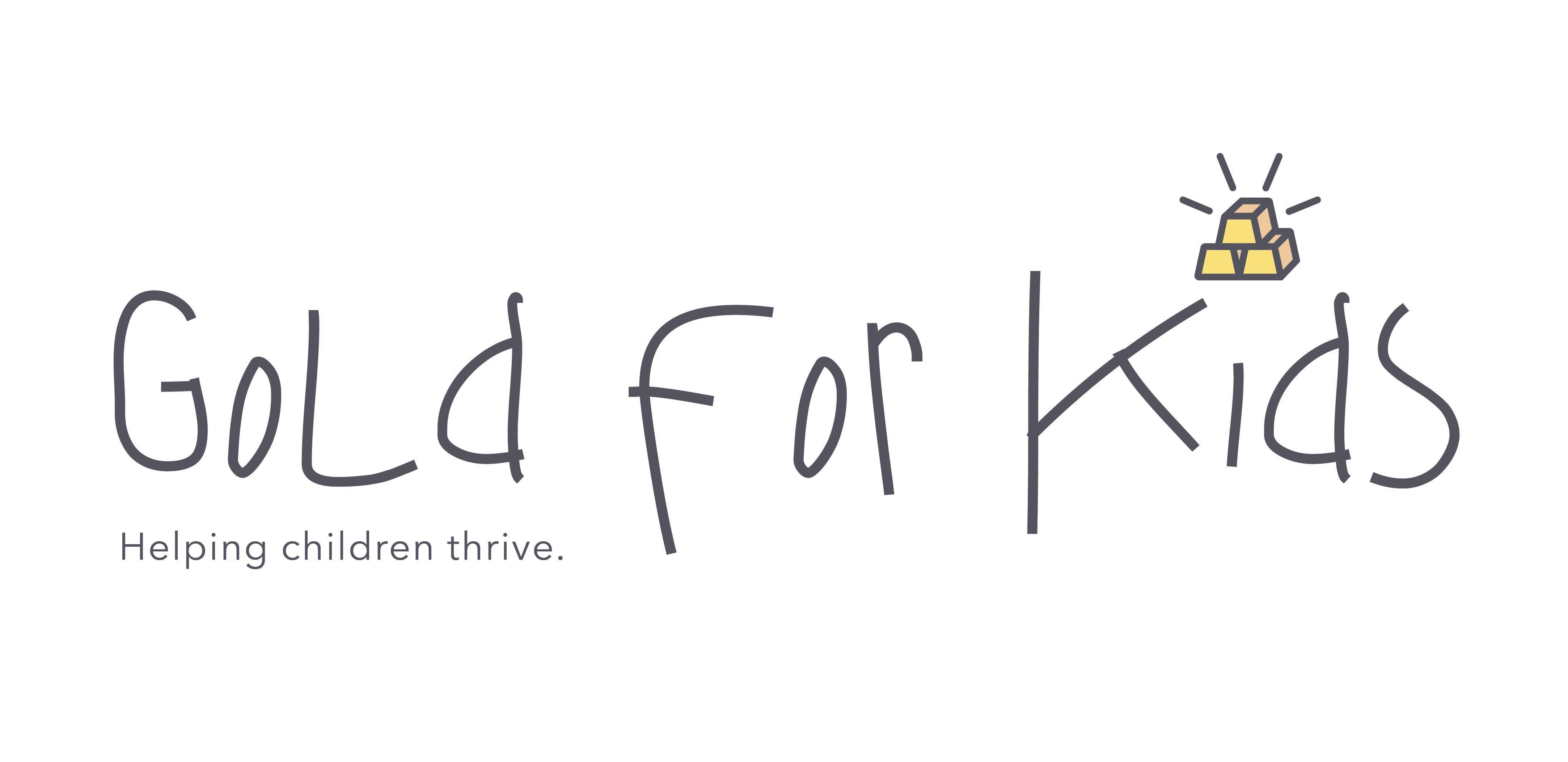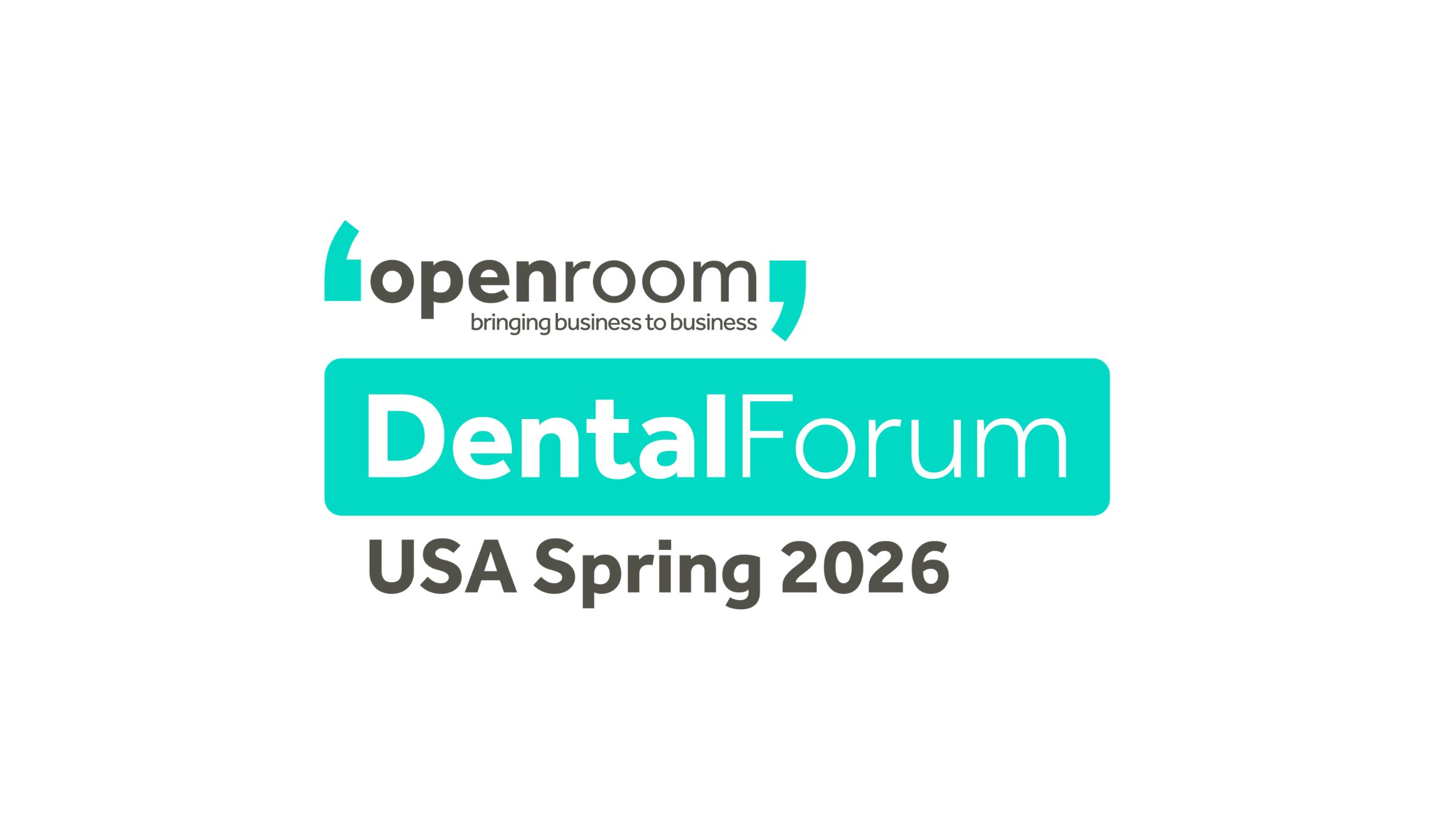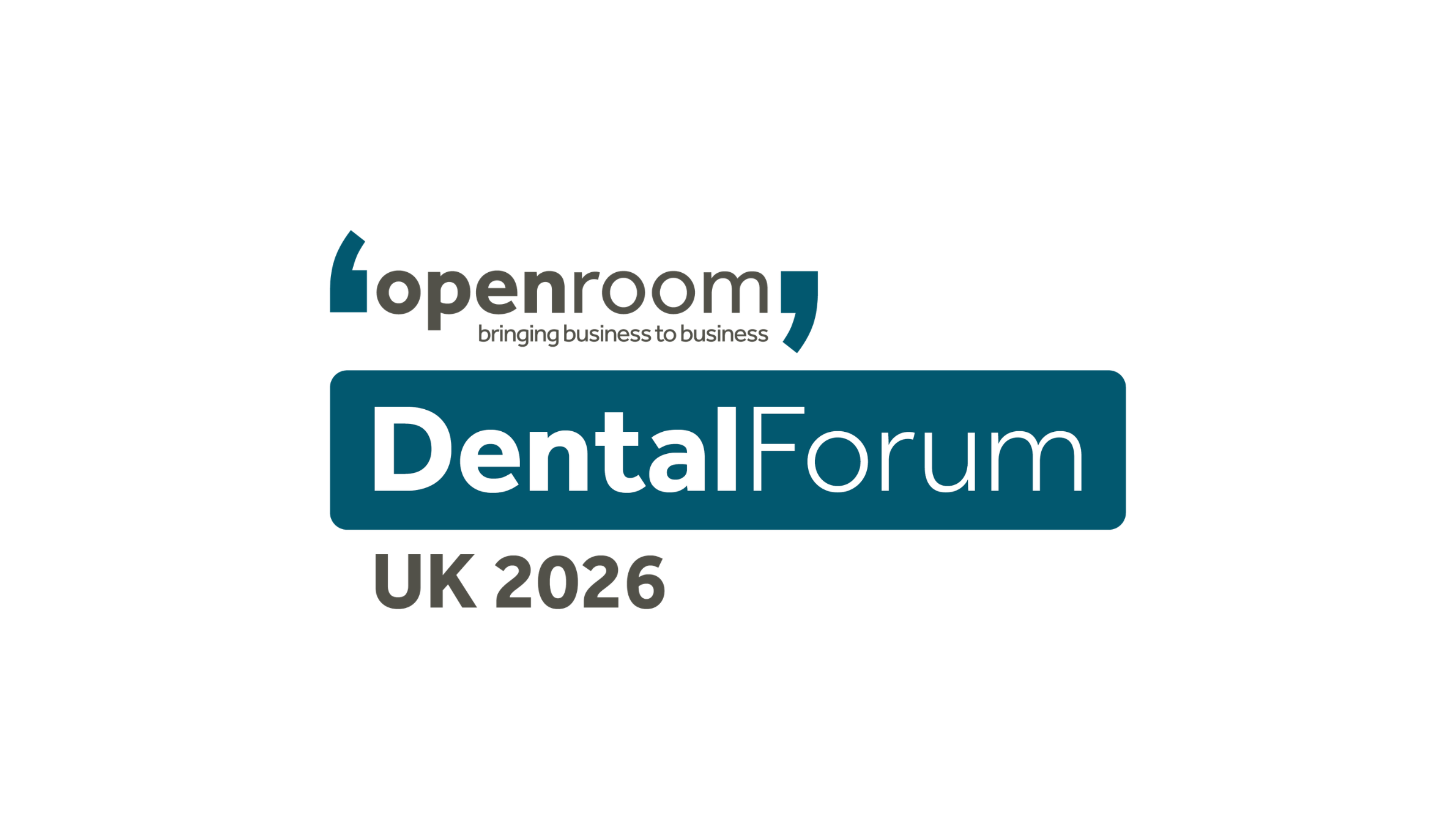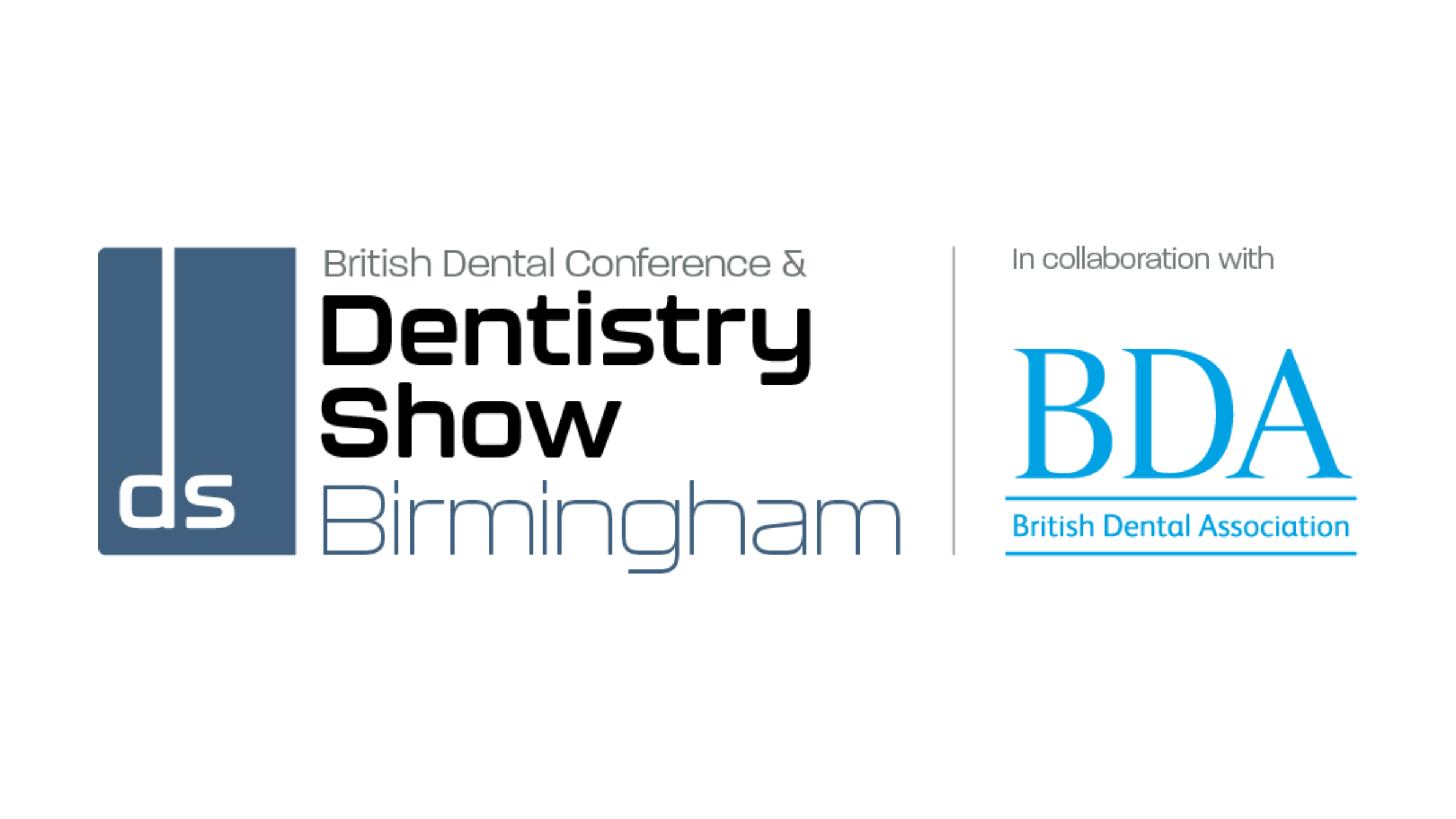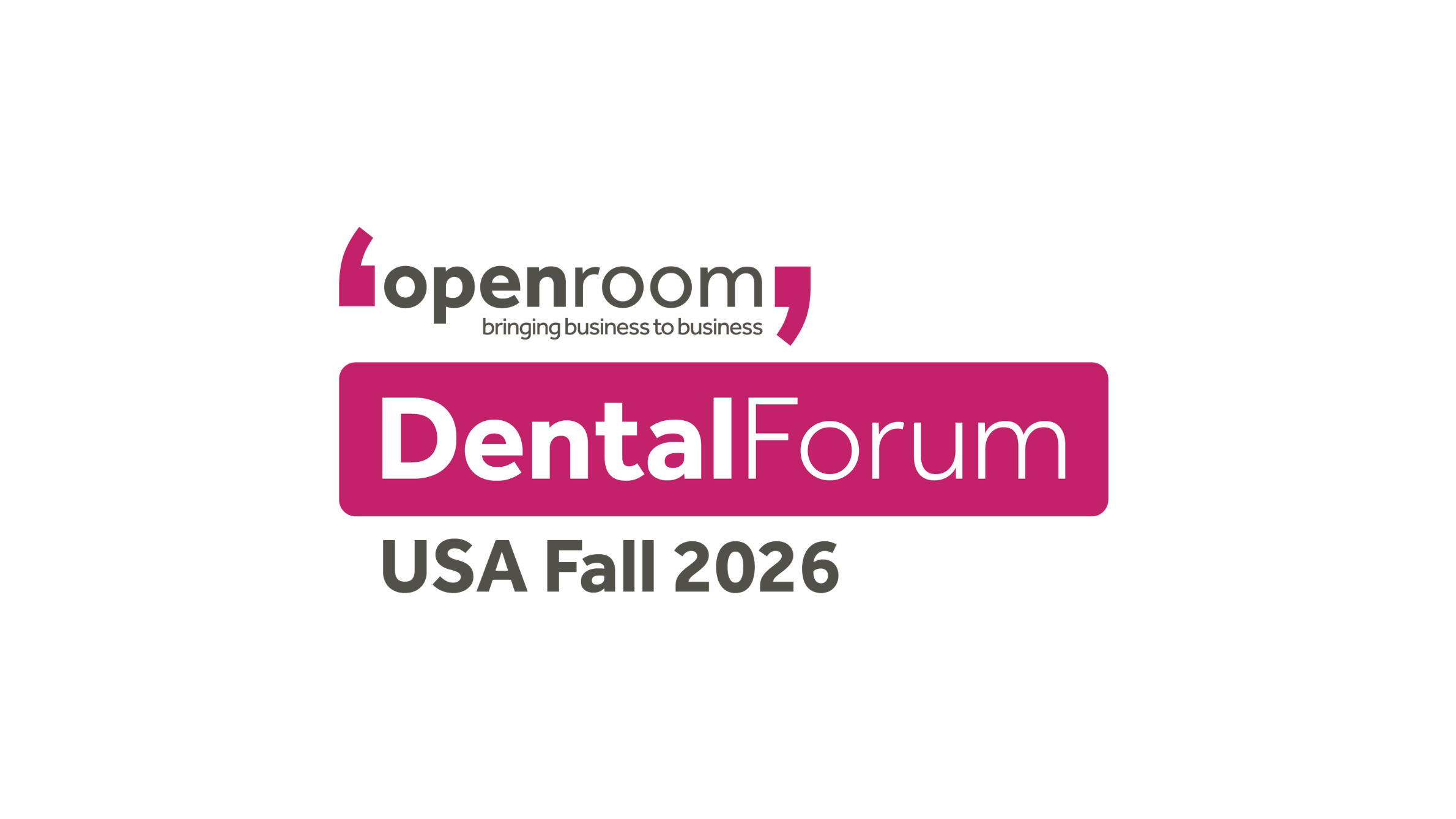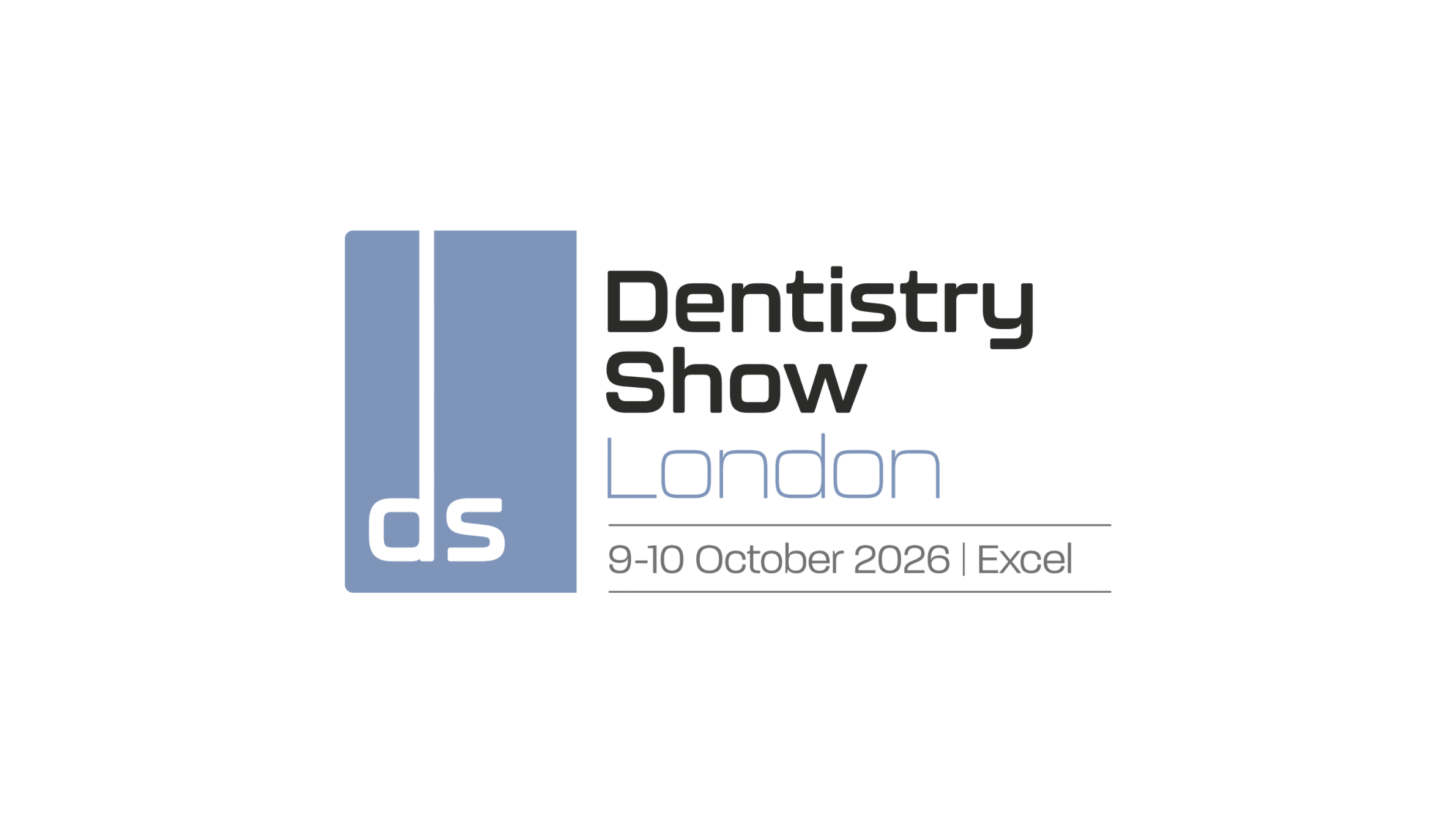World-leading academic centre for postgraduate dentistry
)
The UCL Eastman Dental Institute is world-leading, academic centre for postgraduate dental education and translational research. It offers an extensive range of high-quality, postgraduate study opportunities including Master's degrees, specialty training, certificates, diplomas, research-informed degrees (e.g. PhD) and CPD courses.
A core value of the Institute is the learning through research. All the students are encouraged to connect with researchers so that research becomes an integral part of the learning journey. The UCL Eastman Dental Institute (UCL Eastman) has a world-leading Portfolio of basic science and clinical translational research, which is focused upon preventing, diagnosing and treating common oral disorders affecting people of all ages such as childhood dental decay, periodontitis, dry mouth, oral precancer/cancer and oral complications of cancer therapy.
During the last few years, the Institute has secured more than £10M in research grants from charities and other funding bodies to deliver studies relevant to oral and dental disease. Together with its NHS partner, the UCLH Royal National ENT & Eastman Dental Hospitals, the Institute is the only site nationally to have been awarded NIHR Biomedical Research Centre funding for a Theme fully dedicated to translational research in Oral and Dental Medicine.
Clinical academics of the UCL Eastman have developed, in collaboration with UCL Engineering, a novel miniaturised non-invasive device that has been designed to be used by general dentists in high street practices and can detect precancer/cancer cells. The hope is that the new device will improve the detection of oral precancer/cancer cells and allow a prompt referral of patients to Oral Medicine and H&N Cancer units. Currently, the vast majority of patients referred to NHS hospitals with a suspected oral cancer are found not to have cancer whereas 2/3 of those who do have developed oral cancer are often seen with notable delays, when their disease is already advanced and burdened by a poor prognosis.
Clinical academics of the UCL Eastman have also been using novel devices and repurposing medications for the treatment of oral complications of head & neck cancer radiotherapy, which are increasingly prevalent due to the growing number of patients with HPV-related oropharyngeal cancer. Examples include clinical trials investigating the efficacy of pentoxifylline, tocopherol and clodronate (PENTOCLO) in the treatment of osteoradionecrosis of the jawbones and fibrosis of the mouth (trismus) and throat (dysphagia).
More recently, the Oral Medicine specialists of the UCL Eastman are running a groundbreaking trial for head & neck cancer survivors who have developed persistent severe dry mouth. The condition, caused by irreversible damage to salivary glands during radiotherapy, severely impairs speech, eating, and quality of life. Current standard of care treatments for dry mouth of radiotherapy have limited efficacy, are burden by adverse effects, and rely on the presence of residual functional salivary gland tissue. There has been no new treatment introduced for this group of patients for the last 20 years.
The international (US, Canada and UK) study AQUAx2, which is sponsored by MeiraGTx, is a gene transfer study. It is the first in the UK to attempt to increase the amount of saliva and reduce the associated dry mouth symptoms via transferring the Aquaporin 1 (hAQP1) gene to the salivary glands disrupted by the anti-cancer radiotherapy.
The study uses a viral vector (a modified virus) to deliver a gene designed to make a specific protein, called Aquaporin, that acts as a ‘water channel’: it forms pores in the cells to facilitate the transport of water. The residual salivary gland cells become more permeable to water and allow water to flow down into the mouth to moisten it. The therapy is designed to be given just once.
Head and neck cancers are the sixth most common cancer group globally and eight most common in the UK. Incidence rates are increasing in England, largely driven by oropharyngeal cancer (47% increase since 2013), with over 11,000 new cases recorded in 2021. The mortality rate for head and neck cancer has continued to increase, while most other cancer mortality rates fell.
Current data also show stark inequalities across the country, with people living in the most deprived areas having almost double the incidence rate of head and neck cancer and more likely to be diagnosed at a late stage compared to those living in the least deprived areas.
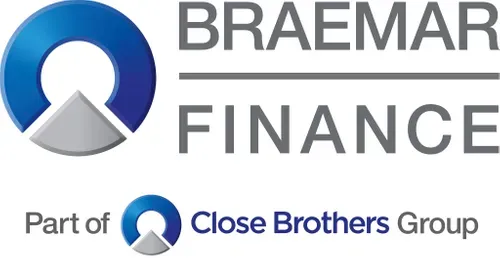


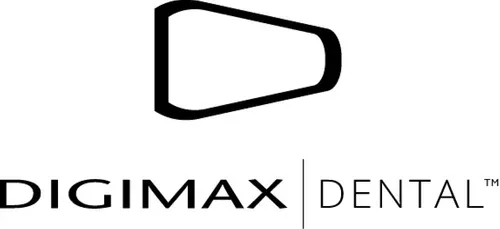


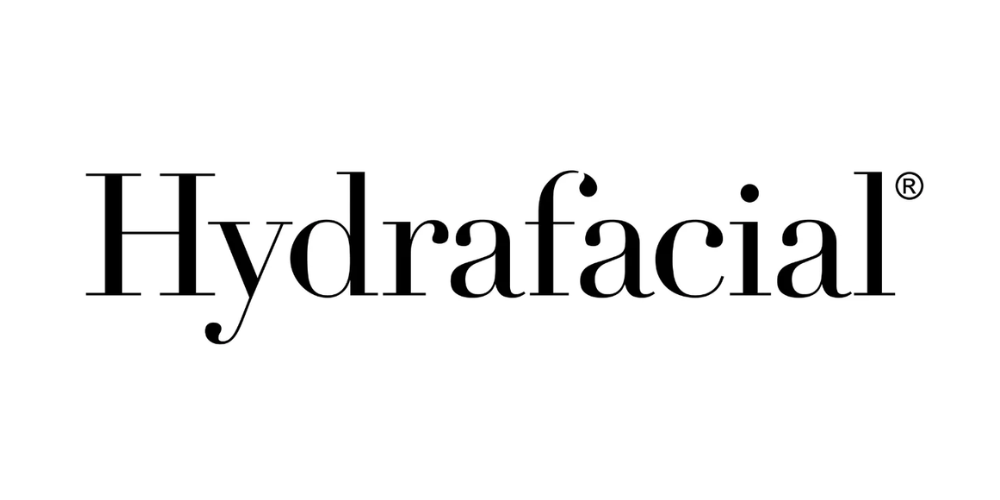
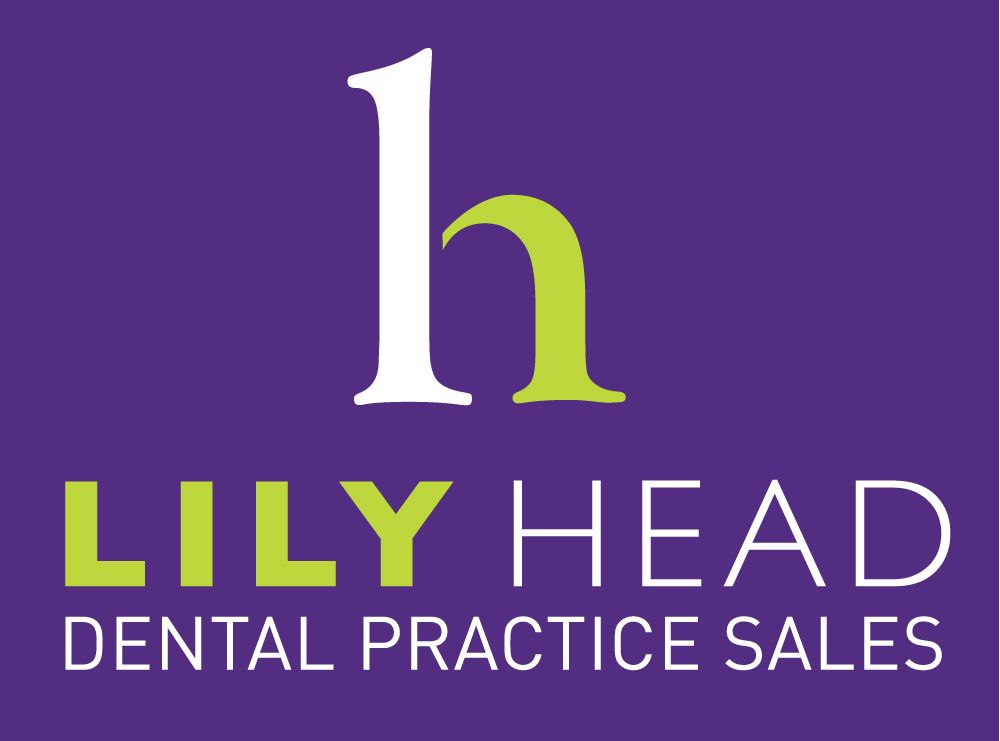







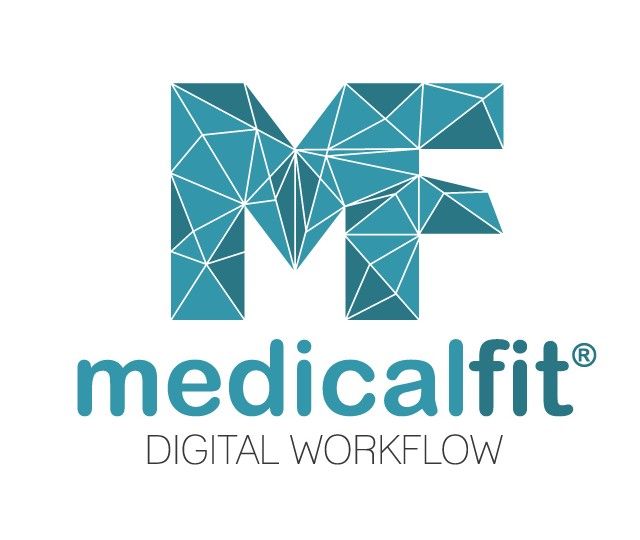


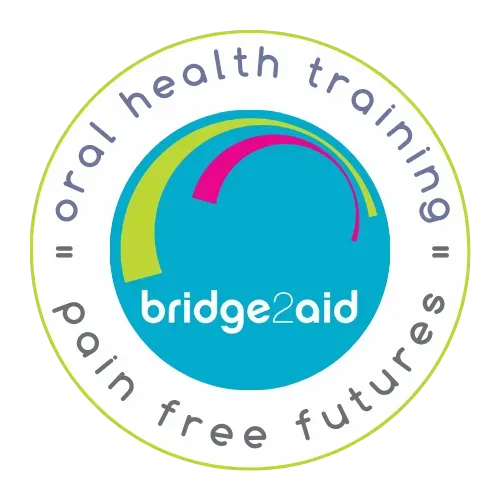
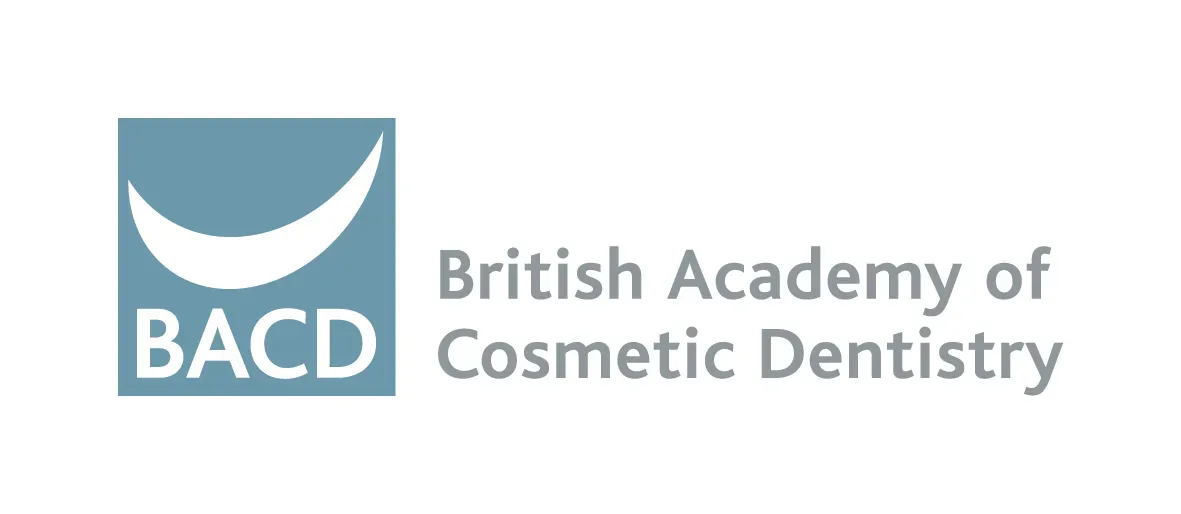
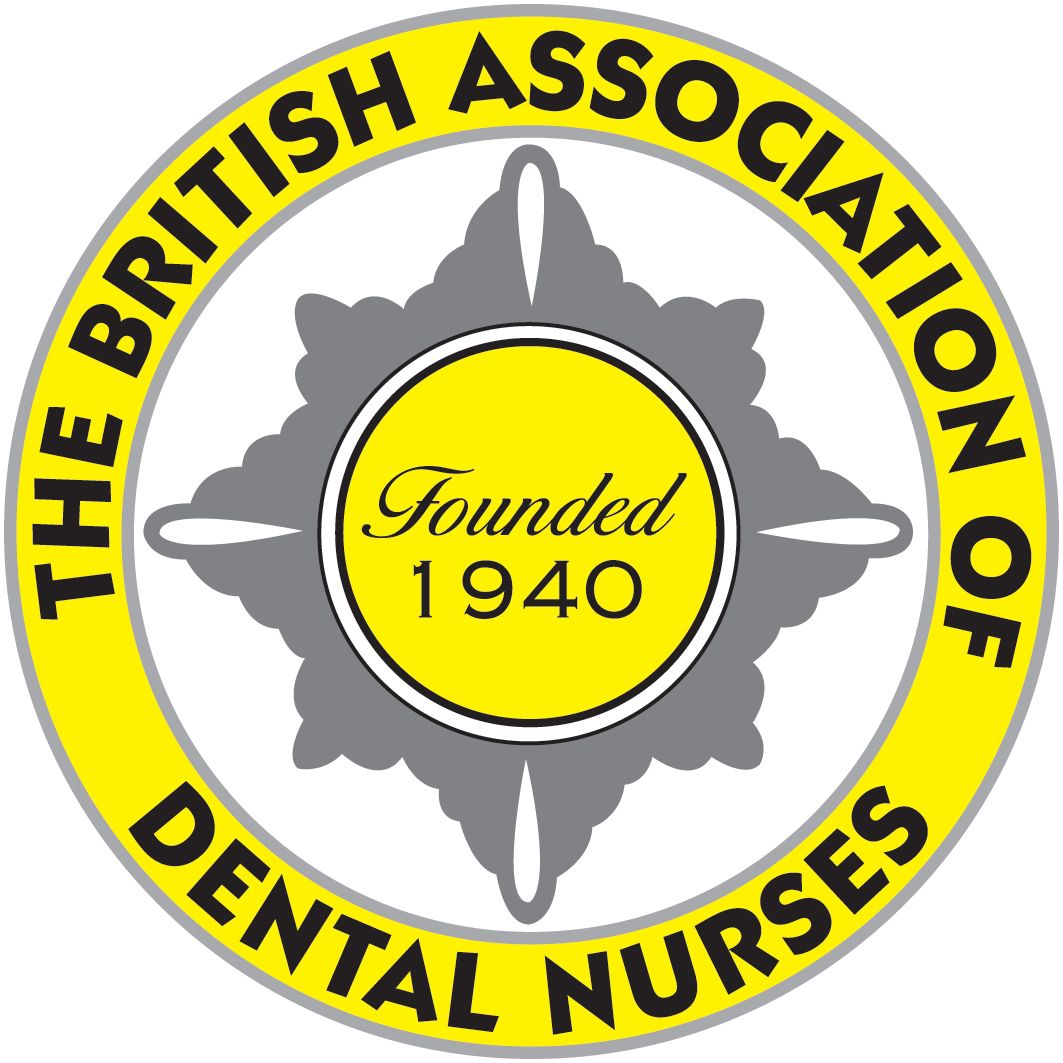
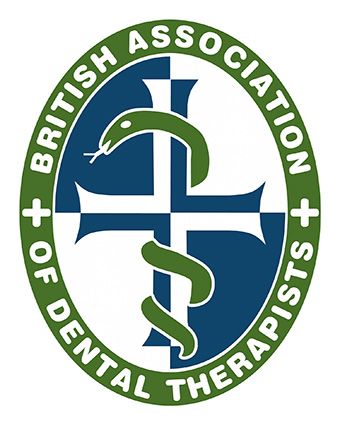
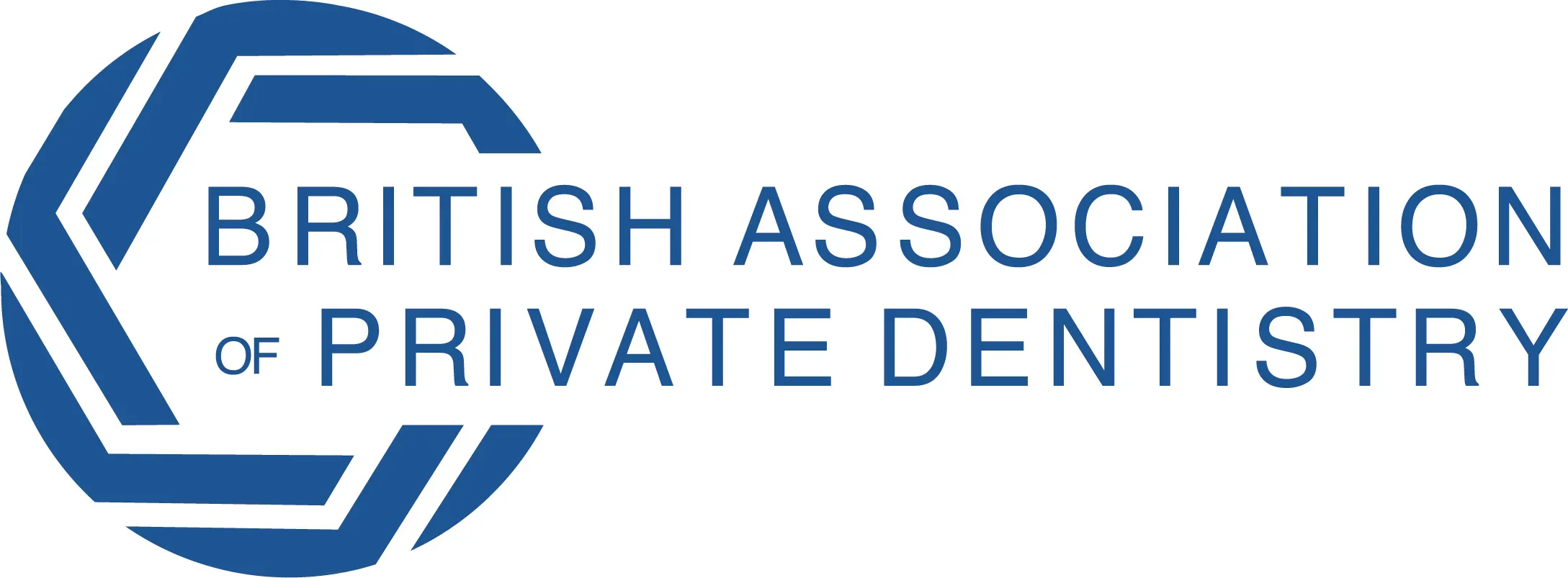
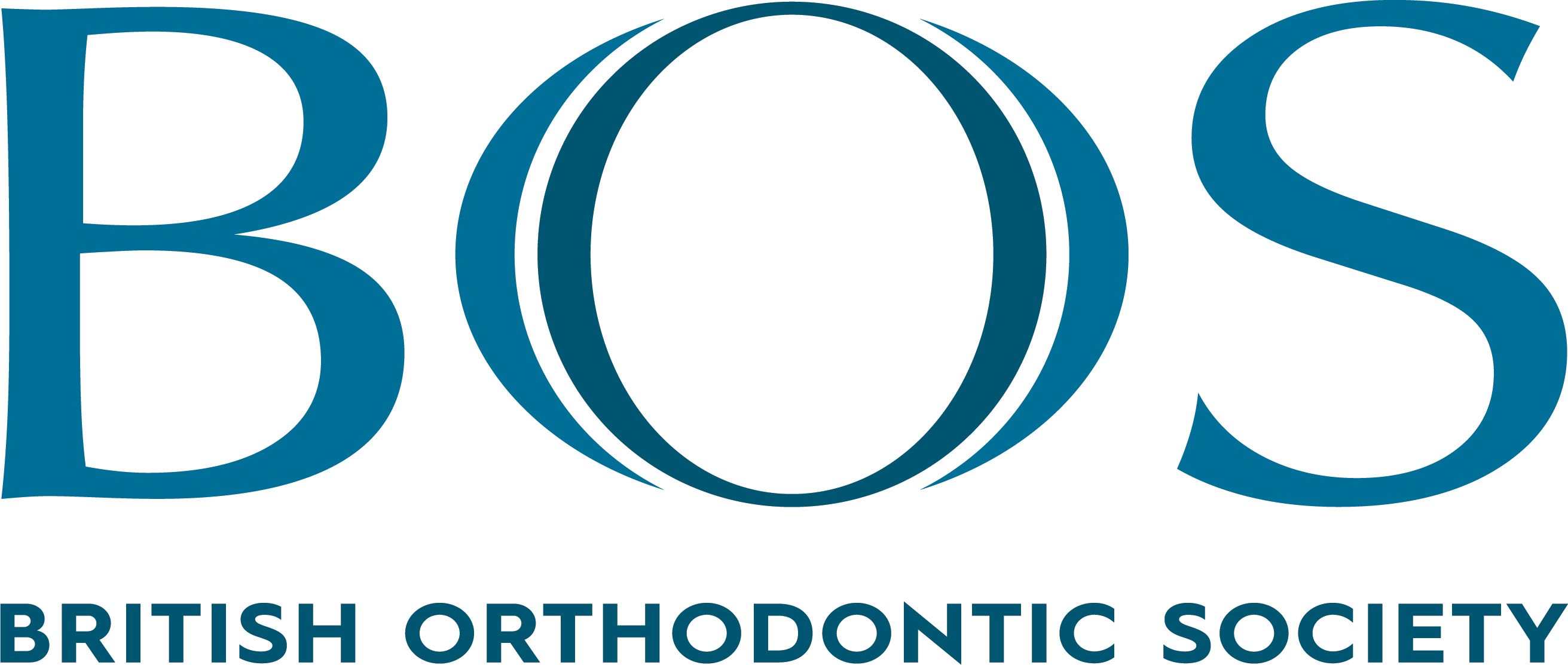
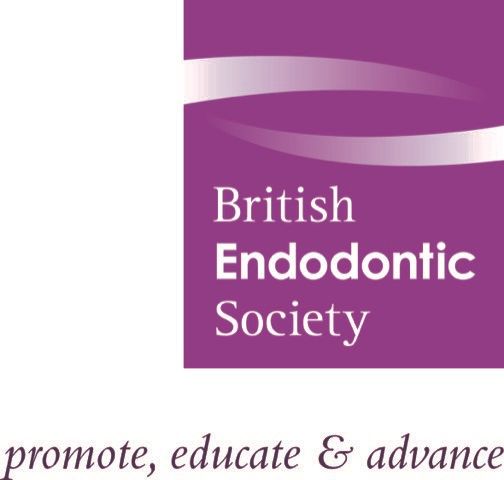
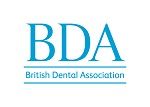
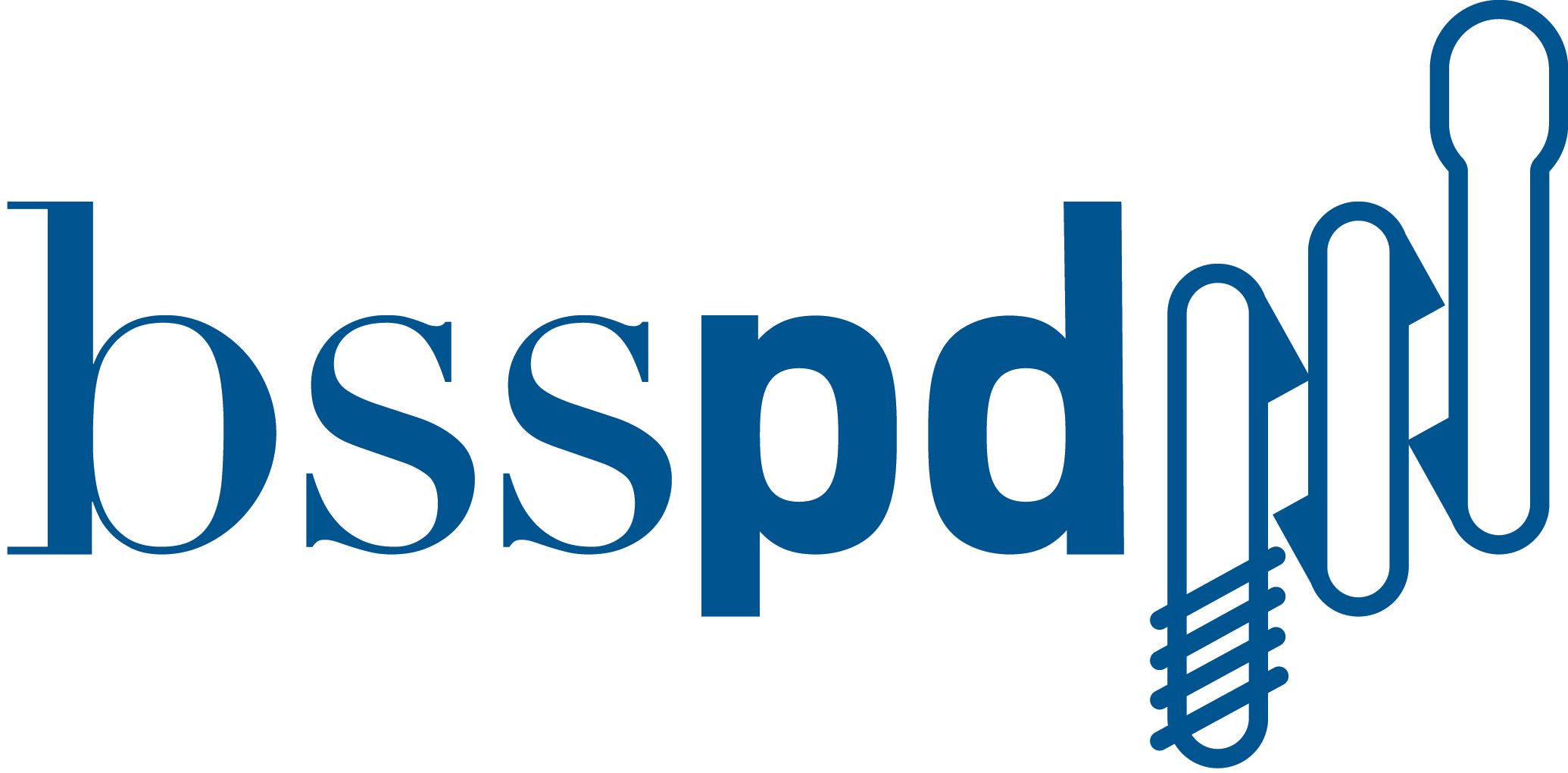

.png)
